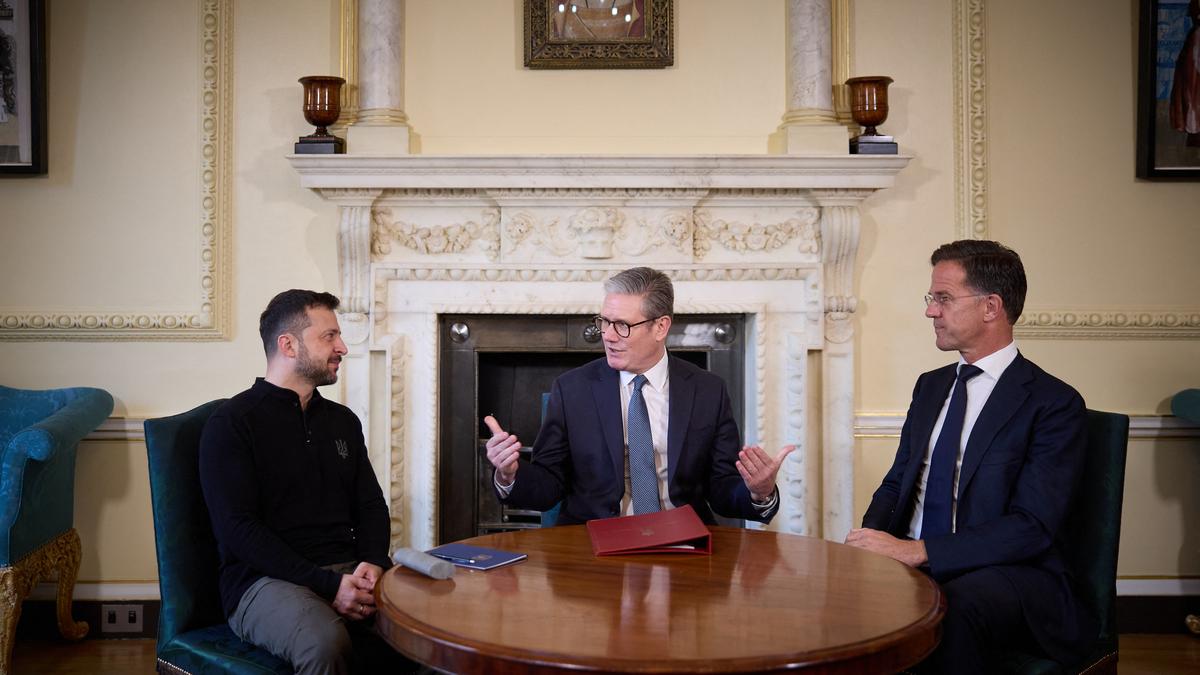Vidushi Nautiyal, Pune
Alliance Secretary General Mark Rutte revealed on Thursday, that NATO will hold a long-planned major nuclear exercise next week. This comes only a few weeks after President Vladimir Putin modified Russia’s nuclear doctrine in an effort to dissuade Ukraine’s allies in the West from supporting attacks on his nation.
The “Steadfast Noon” workout which will begin on Monday will last for approximately two weeks. Under the direction of Belgium and the Netherlands, it will make use of eight military bases, 2,000 soldiers, and 60 aircraft from 13 countries. For more than ten years, the exercise has taken place at approximately the same time every year.
Participating aircraft include fighter jets and bomber aircrafts with nuclear warheads. Live ammunition is not employed. The majority of the drill is taking place in the North Sea, some 900 kilometers (560 miles) from Russia. According to NATO officials, Moscow has been briefed about the drills.
New NATO Secretary-General Mark Rutte told reporters in London, “In an uncertain world, it is vital that we test our defense and that we strengthen our defense so that our adversaries know that NATO is ready and is able to respond to any threat.”
NATO’s security deterrence relies heavily on the nuclear capabilities of the United States and the United Kingdom. Despite not being a member of the organization’s nuclear planning group, France possesses nuclear weapons as well.
The exercise, according to NATO Assistant Secretary General for Defense Policy and Planning, Angus Lapsley, is meant to demonstrate that the alliance is a credible force that “any adversary would need to take extremely seriously indeed” in order to neutralize any danger to its 32 member nations.
According to Lapsley, NATO has been keeping an eye on developments in Iran, North Korea’s rise to nuclear power status, and China’s explosive nuclear capability expansion however what worries NATO most is Russia.
During the past two years, he claimed, Moscow has been “accelerating the intensity” of its nuclear force investments, “introducing lots of novel systems and putting more emphasis on investment in short and intermediate range weapons systems.”
Russia’s nuclear weapons have been regularly used as a threat against the West by Putin. Putin issued a stark warning late last month, stating that any nation backed by a nuclear power that launches a conventional strike on Russia will be viewed as part of a joint attack.
